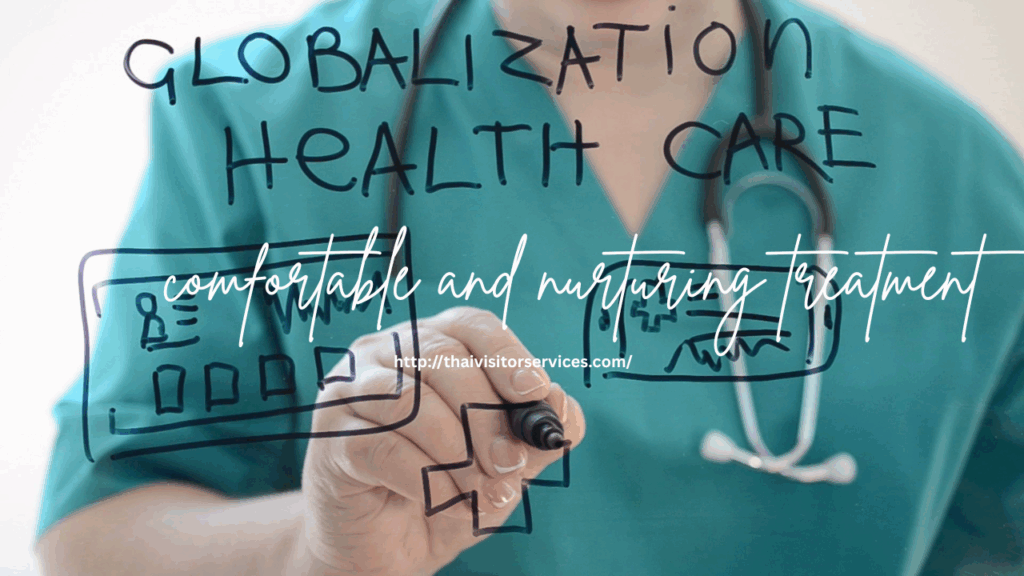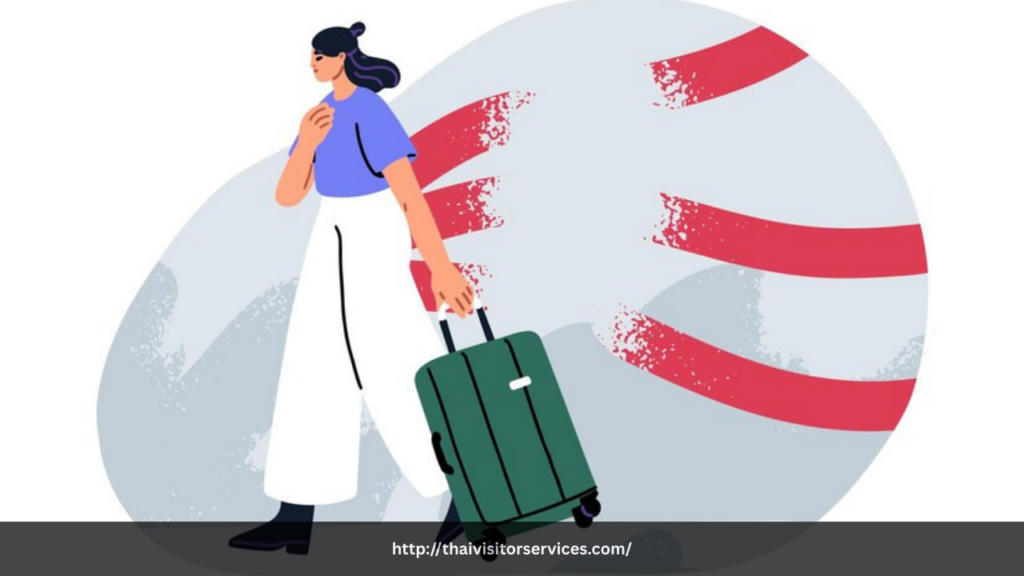
In an increasingly interconnected world, healthcare is no longer confined by geography. A growing number of patients are crossing international borders to access medical treatments that offer better outcomes, shorter wait times, or more affordable costs. This trend, known as global healthcare or medical tourism, is transforming how individuals seek and receive care—putting patients in control of their health choices on a global scale.
Seeking Superior Medical Expertise
One of the primary drivers of global healthcare is access to world-class medical expertise. Many countries have developed specialties that attract international patients—India for orthopedic and cardiac surgery, South Korea for cosmetic procedures, Germany for advanced cancer treatment, and Singapore for precision diagnostics. These nations invest heavily in state-of-the-art technology and internationally trained medical professionals, ensuring high standards of care that often rival or exceed those found in patients’ home countries.
Escaping Long Wait Times
In public health systems, delays for diagnostic tests, surgeries, and specialist consultations can be lengthy. These wait times can have serious health implications, especially for patients with progressive or painful conditions. Global healthcare offers an alternative: timely access to procedures that could otherwise take months to schedule. By traveling abroad, patients can often fast-track their treatments and begin the healing process without unnecessary delays.
Lowering the Cost of Treatment
Financial pressure is another key factor pushing patients to explore global healthcare options. The cost of medical care in countries like the United States can be prohibitive, especially for those who are uninsured or underinsured. In contrast, countries such as Mexico, Thailand, and Turkey provide high-quality care at a fraction of the price. Even when travel expenses are included, patients often find they save thousands of dollars—making international treatment a cost-effective solution.
Access to Innovative Treatments
Some patients look beyond their borders to access treatments unavailable or restricted in their own countries. This includes experimental therapies, cutting-edge surgical techniques, and integrative medicine approaches. For example, regenerative medicine or certain fertility treatments may be more accessible and affordable abroad. In many cases, patients are able to receive care that aligns better with their health goals and personal values.
A More Personalized Healing Journey
Many global healthcare facilities cater specifically to international patients, offering concierge services, multilingual staff, and personalized care plans. These institutions are often located in wellness-focused environments—such as beach resorts, spa retreats, or mountain getaways—designed to support recovery. The result is a more comfortable and nurturing treatment experience that helps patients feel cared for every step of the way.
Conclusion
The global healthcare movement is more than a trend—it’s a reflection of the growing demand for accessible, affordable, and high-quality medical care. As patients become better informed and more empowered, they are increasingly willing to travel across borders to secure the treatment they need. With proper planning, trusted providers, and comprehensive support systems, global healthcare can provide not just better treatment—but a better healthcare experience overall.








